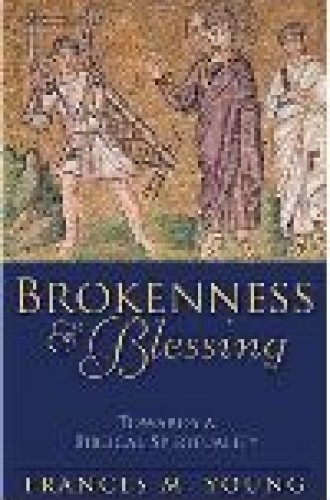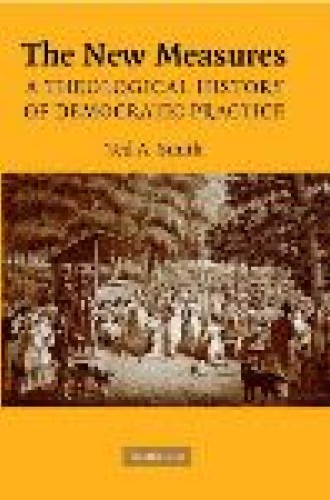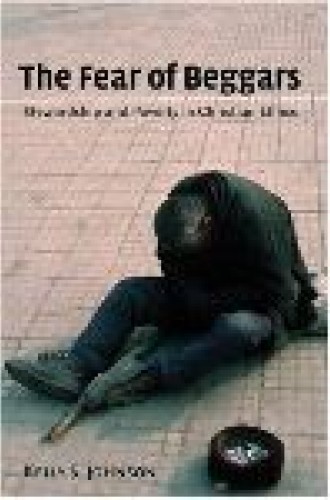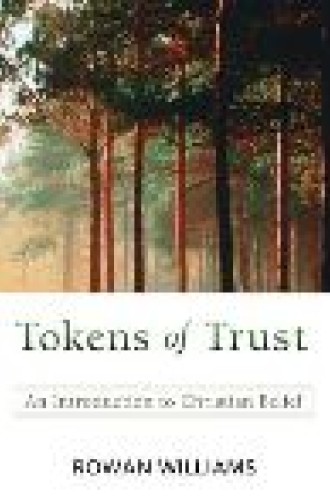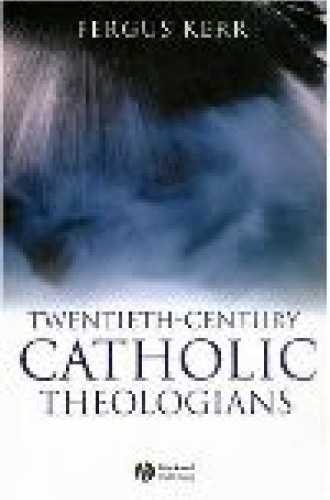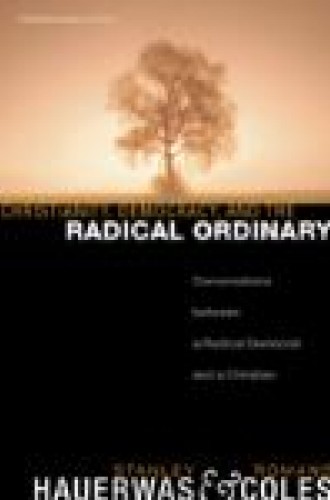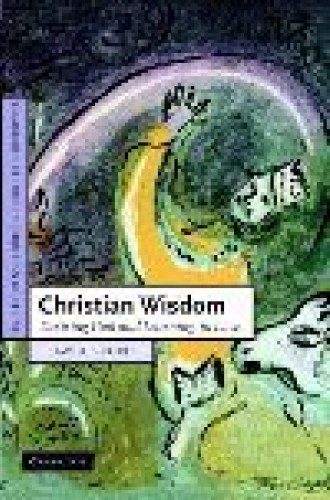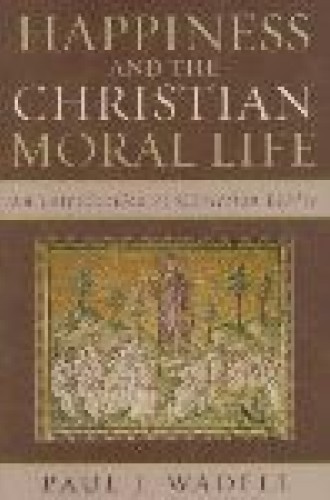CC recommends
Theology
This is a gentle book that draws on the example of the early church to stitch scripture and spirituality back together. Young, a renowned patristics scholar who recently retired from the University of Birmingham in England, argues for the intellectual and spiritual validity of ancient Christian biblical interpretation. Through reflection on hymnody and her own life of faith, especially as a mother of a disabled adult son, she explores how we are called not just to talk about the Bible, but to live into it.
Smith learned from pragmatist philosopher Jeffrey Stout the ethical weight of the actions of ordinary citizens, and from theologian Stanley Hauerwas the need for specifically Christian speech. He combines the emphases of this unlikely pair in a thoughtful reading of the revivalist techniques of the Second Great Awakening and their effects on democratic life. Smith, a theological ethicist at Vanderbilt University, has written a minor classic.
Why are we so unsettled when a beggar asks us for money? Johnson, an ethicist at the University of Dayton, suspects that the answer lies in modern economic patterns which assume there will be trade between strangers in a savage economic market. By contrast, not a few saints in church history have pursued voluntary poverty in imitation of Christ. And Jesus himself has often been imagined not as a bourgeois carpenter but as a beggar. Can we learn from such holy fools how to build an economics based not on tragedy and scarcity but on comedy?
The archbishop of Canterbury is theologically brilliant and has a pastoral heart. One envies those preparing to be baptized, or those just beginning to explore Christian faith, who get to hear his catechetical lectures. Now you can sit in on those lessons on the historic creeds, lessons that evoke the beauty of the faith. Besides displaying Williams’s capacity for discerning the truth amid contemporary political machinations, the book includes dazzling art by David Jones.
Kerr writes with a clarity and wit born of years of editing the journal New Blackfriars. If you’ve ever wanted to get Karl Rahner straight or understand Henri de Lubac, this is your primer. Kerr notes, with critical sympathy, the revival of Origen’s reputation and the stunningly rapid triumph of John Paul II’s “theology of the body.”
Could democracy be something more profound than a two-party system in which all sides bow down to big corporations? Coles and Hauerwas try to show, not just tell, how that might happen, with profiles of Will Campbell, Ella Baker, Jean Vanier and Rowan Williams and an account of the Industrial Areas Foundation.
A magisterial work by one of the greatest living philosopher-theologians, A Secular Age charts the rise of secularism not by the decline of church attendance or by the church’s decreasing authority over politics, but by changes in the conditions of belief. For centuries one didn’t have to stop and ask whether one believed. Now belief is one choice among many. This book has a mountain of support, elegantly marshaled, for its simple thesis; it will be a landmark in the study of secularism.
The wisdom tradition in theology has made a comeback. Ford devotes a chapter each to the scriptures, Jesus, the Spirit and God, and two chapters on Job and post-Holocaust wisdom. The book ends with studies of three contemporary issues: interfaith relationships, interdisciplinary study in the university and the place of the disabled—the latter drawing on the work of Jean Vanier and the L’Arche communities. Christian Wisdom is delightful to read, resplendent with wisdom ancient and new.
Wadell, who has previously written on friendship and the moral life, takes on the relationship of happiness to morality. Drawing on the Thomist tradition, he says that the moral life entails “training in happiness.” Narrative is important to this training, particularly the “putting on” of the Jesus story. Wadell considers the role of the virtues in our quest for happiness, a Christian understanding of the person, and the meaning of freedom in the Christian life. Happiness in Christian perspective, he argues, is impossible without justice.
More recommendations:
Books on spirituality
Memoirs and biographies
Fiction books
Children's literature
DVDs
Classical music
Pop Christmas music


